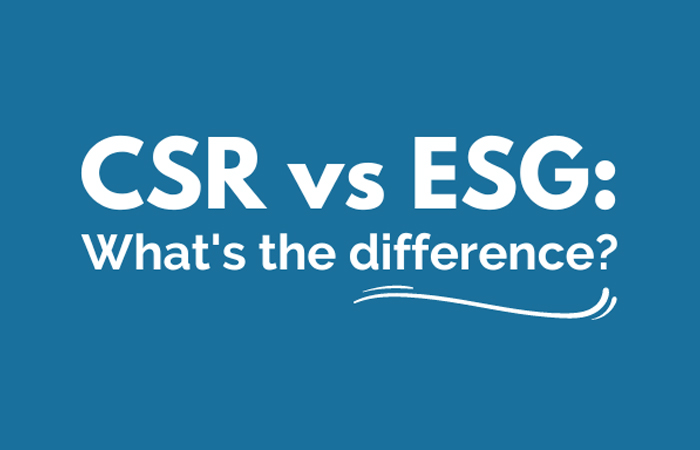India possesses a robust policy on Corporate Social Responsibility (CSR), which legally obligates corporations to partake in initiatives that contribute to the betterment of society. This mandate was enshrined in the Companies Act of 2013 through amendments passed in 2014 and 2021. According to these amendments, companies with a net worth of ₹500 crore (approximately $60 million) or a minimum turnover of ₹1,000 crore (approximately $120 million), or a net profit of ₹5 crore (approximately $6,05,800) in any given financial year, must allocate at least 2% of their net profit over the preceding three years to CSR activities.
In contrast, ESG regulations follow a different approach and have varying impacts. For instance, the U.K. Modern Slavery Act applies to companies conducting business in the U.K. and with annual sales exceeding £36 million. These companies are required to disclose their efforts in identifying and analyzing the risks of human trafficking, child labor, and debt bondage within their supply chain. Additionally, they must establish internal accountability measures, evaluate supplier compliance, and provide training to supply chain managers regarding these issues.
Moreover, the EU’s Sustainable Finance Disclosure Regulation compels financial market participants such as banks, pension funds, and asset managers to reveal how they have integrated sustainability risks into their investment decision-making processes. These examples merely scratch the surface, as there are numerous other regulations at the state, national, and international levels pertaining to ESG practices.



